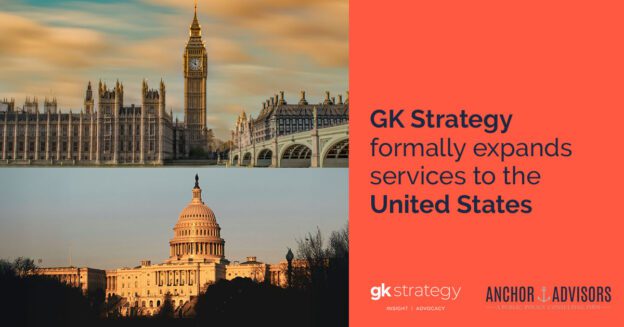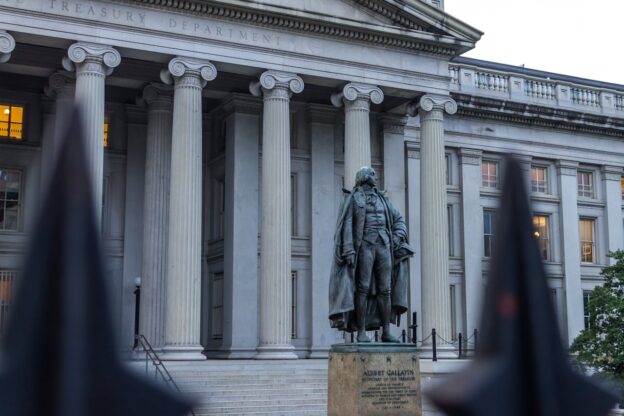GK Associate Director Thea Southwell Reeves and Adviser Mariella Turley share their reflections on the recent Lib Dem Party Conference in Bournemouth
The Lib Dem conference was a prime opportunity for the party to remind voters of who they are politically and what they offer. A combination of publicity stunts and clever campaign strategies sent 72 Lib Dem MPs to parliament at the last election – the party’s biggest electoral success for over a century. For leader Ed Davey, the challenge was to usher in a new, serious party that could offer a credible alternative to voters dissatisfied with the parties on the traditional left and right of British politics. If this was his mission, he may have missed the mark. His decision to march into conference as the head of a marching band while his party was having yet another row over trans rights, has not given much reassurance to potential voters (outside the conference hall walls) that the party represents a serious electoral alternative.
Although Davey remains in a strong position as leader with the support of a mostly happy party behind him, the public is growing weary of his endless stunts. Polling conducted by More in Common was presented to members at conference and showed that more than 60% of voters think the party’s publicity stunts make them look less serious. Many voters are also still unsure what the party stands for.
Much of the focus of the four-day conference was on positioning the Lib Dems as the only credible opposition to Reform UK. Former leader Tim Farron took to the stage adorned in the Union Jack flag in a bid to frame the party as a progressive voice that can reclaim patriotism for the centrist majority. Davey’s speech centred on criticism of Reform and included claims that Nigel Farage wants to liberalise UK gun laws. The slogan ‘don’t let Trump’s America become Farage’s Britain’ echoed throughout.
We did get a flavour of some policy. Party members voted to revise the Lib Dems’ 2045 net zero target to align with the government’s 2050 net zero goal. Duncan Brack, chair of the Lib Dems’ climate working group, accepted that the earlier deadline had become unrealistic thanks to previous government efforts. Deputy Leader Daisy Cooper used her speech to unveil plans for a windfall tax on big banks to fund an Energy Security Bank. The bank would offer loans to homeowners and small businesses to invest in insultation, solar power and heat pumps. However, Cooper was forced to admit that no formal conversations have taken place with any banks to date. The Lib Dem science and technology spokesperson Victoria Collins hinted at tighter social media regulation, proposing the introduction of warnings on addictive apps and a two-hour cap on scrolling for under 18s. Davey used his leader’s speech to outline some key policy objectives including a new customs union with the EU, cutting energy bills in half by 2050, a guarantee of starting urgent cancer treatment within two months of diagnosis for all patients, and discounted visas for US cancer researchers.
Those hoping that the party’s annual conference would provide clarity on the Lib Dems’ role in the British political ecosystem are likely to feel none the wiser. Davey’s closing speech pitches the party as a safe space for disgruntled voters on the left and the right. A place for both Labour voters who are frustrated with Starmer’s performance in his first year of government and Conservative voters who feel profoundly anxious about Badenoch’s drift to the right. Translating that into clear narratives around policy will be deeply challenging for the party and risks political incoherence. The party’s pitch to be the moderate voice of British politics requires considerable skill and acumen to sell to a voting public that is currently more attracted to polarising policies.
The fundamental question for conference was how the party can build on its 2024 electoral success. Instead of publicity stunts for media attention, Davey should put his energy into carving out a distinct message to voters. The party has neither the finances nor the political capital to campaign on all issues so they would be wiser to focus on developing appealing centrist policies such as ambitious integration with the EU, a compassionate approach to immigrants and a more socially liberal attitude to equal rights. These are the big-ticket items most likely to appeal to both the former one nation Tories and the liberal left and help the Lib Dems seize the centre ground.






